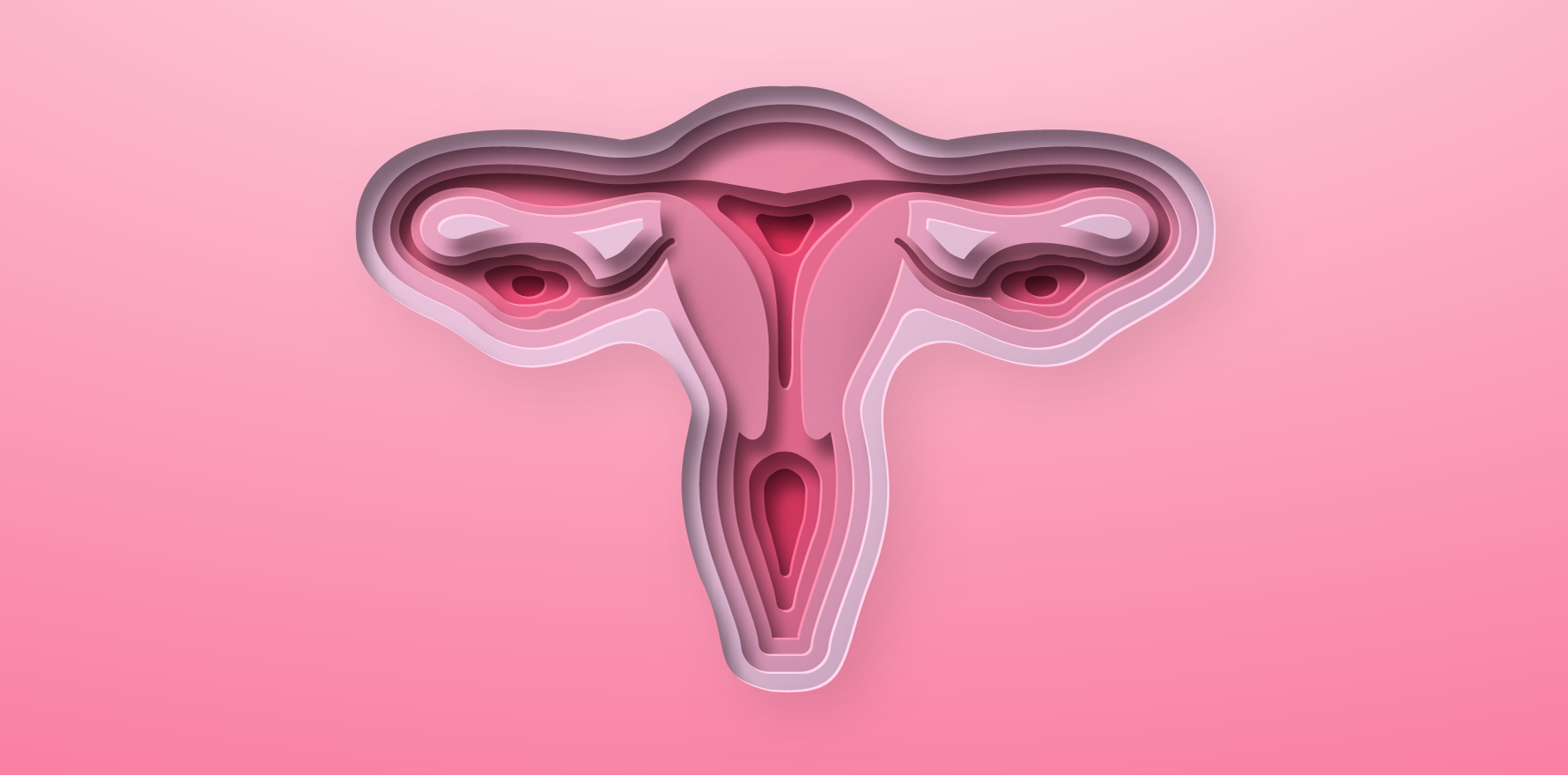Physical and sexual abuse were key drivers, independent of genetic predispositions, in a new study.
People with endometriosis are more likely to have had trauma in childhood and adulthood, or stressful life events, according to a large new study published in JAMA Psychiatry, in a finding that could be used to inform screening.
“In particular, our findings highlight the potential association between contact traumas and endometriosis, which appears to be independent of the disease genetic predisposition,” the authors wrote.
The researchers analysed genetic and questionnaire data from the UK Biobank, which included around 8000 women with endometriosis and 240,000 healthy controls. They found that those with the disease were more likely to have witnessed a sudden death, have been sexually assaulted as an adult or received a life-threatening diagnosis.
Two previous studies had linked endometriosis with sexual, physical and emotional abuse, and emotional neglect, but this study was able to define the links with more granularity and tease out the role of genes, the authors said.
For example, the odds of a person with contact trauma developing endometriosis were 28% higher than someone who didn’t have contact trauma – which includes direct physical interaction between the victim and the abuser, such as sexual assault or childhood physical abuse.
More broadly, those identified by the researchers as having had emotional, physical and sexual trauma were at a greater risk of endometriosis.
The odds of developing endometriosis were 14% higher in those who had experienced childhood maltreatment.
Related
“The cumulative association of noninterpersonal traumas was also statistically significant. Among them, receiving a life-threatening diagnosis showed the strongest association with endometriosis,” said the authors, noting the odds were 36% higher among this group compared to healthy controls.
“Because it is not considered a life-threatening illness, this relationship may be related to comorbidities affecting endometriosis cases,” they wrote.
The condition was also more common among those who had experienced noncontact trauma, including a child being hated by their family.
“We provide novel evidence linking traumatic experiences and stressful events to endometriosis,” the authors concluded.
“Applying genetically informed approaches, we observed that the endometriosis interplay between polygenic risk and trauma may be related to gene-environment correlations rather than to gene-environment interactions. This suggests that endometriosis screening programs may be developed by assessing genetic predisposition, contact traumas and other risk factors.”





